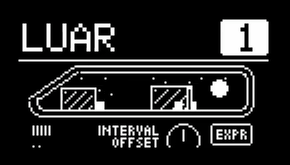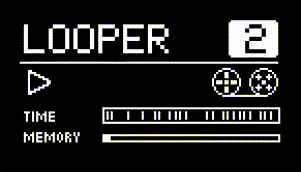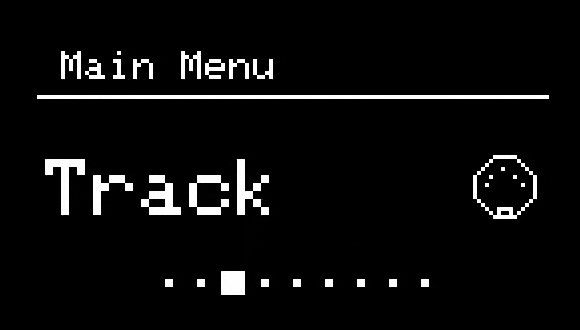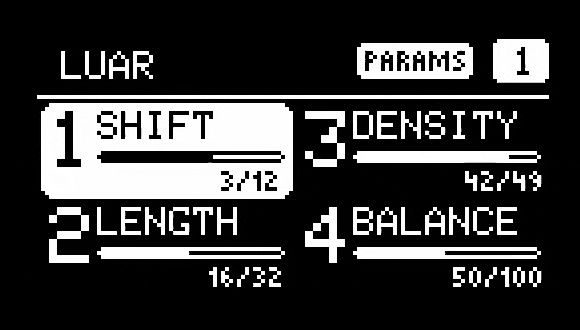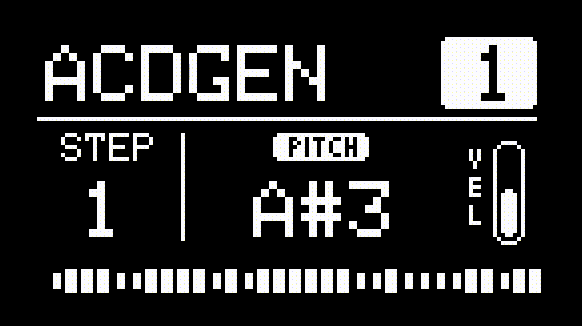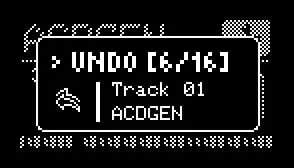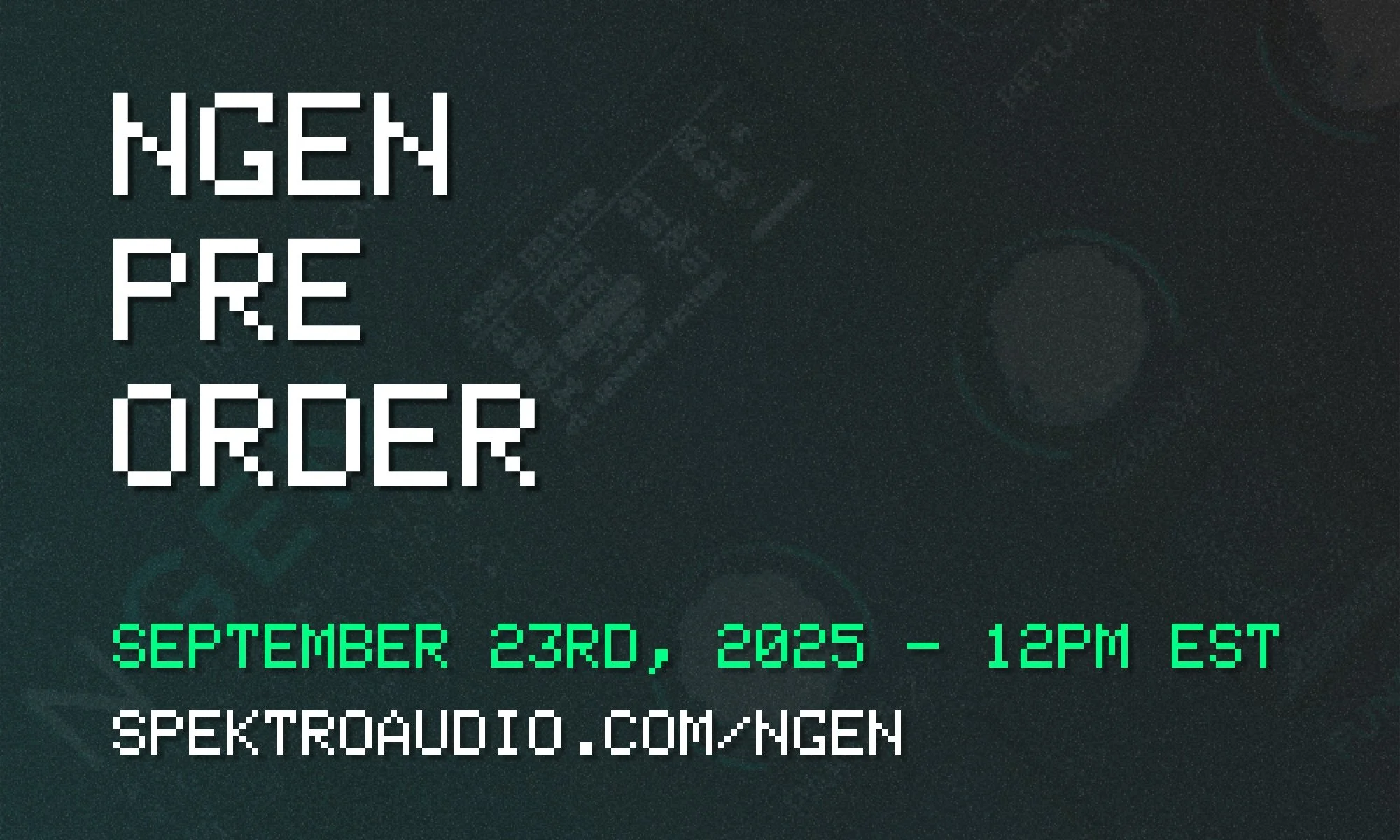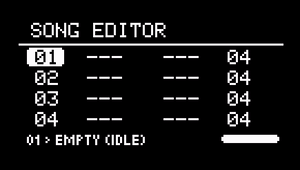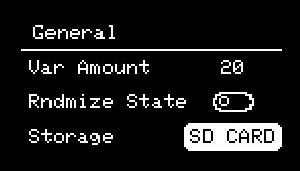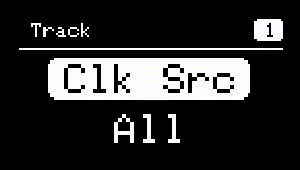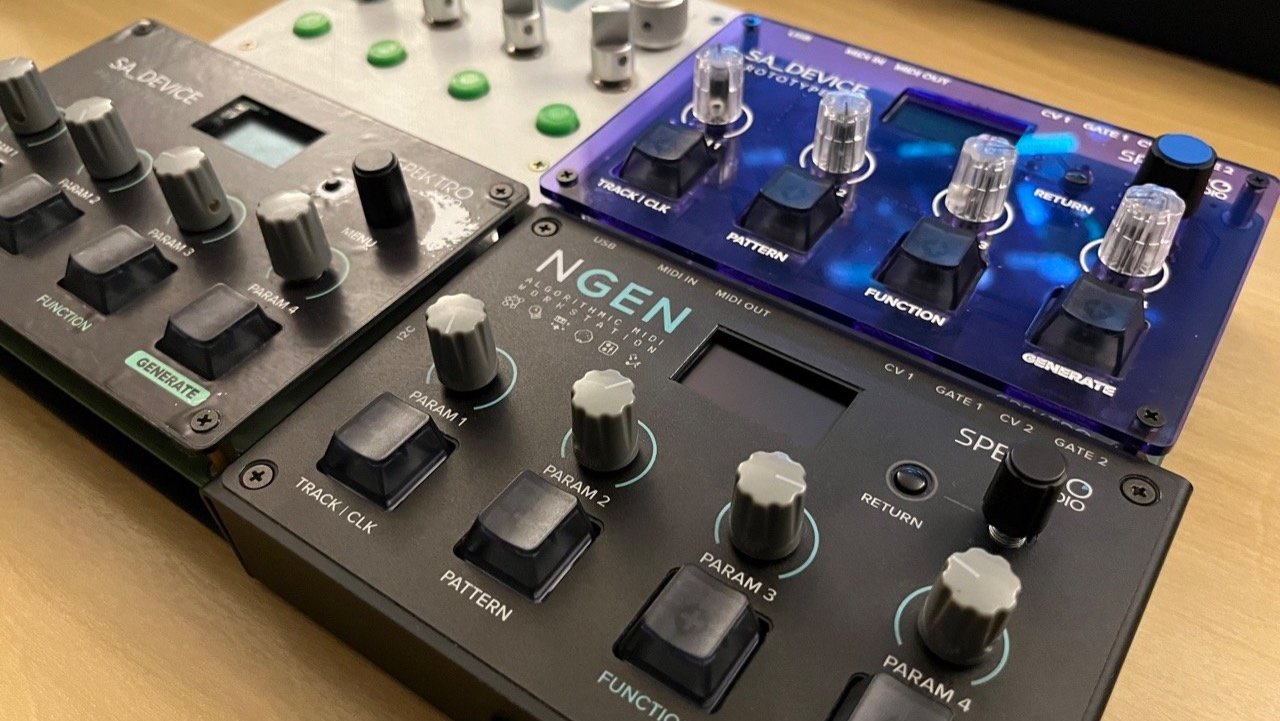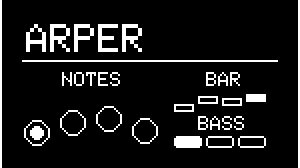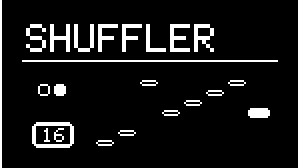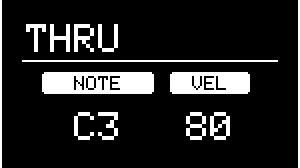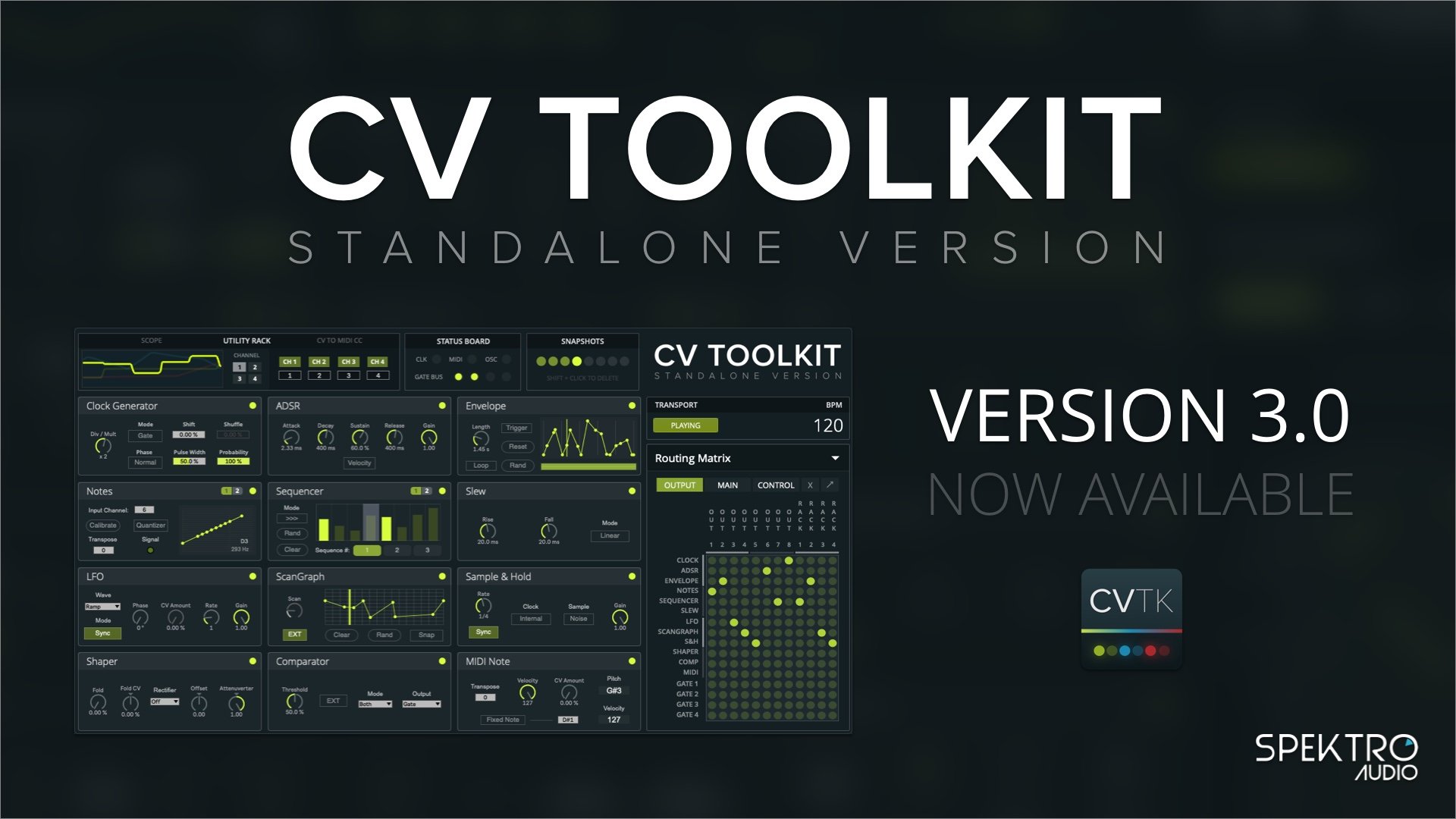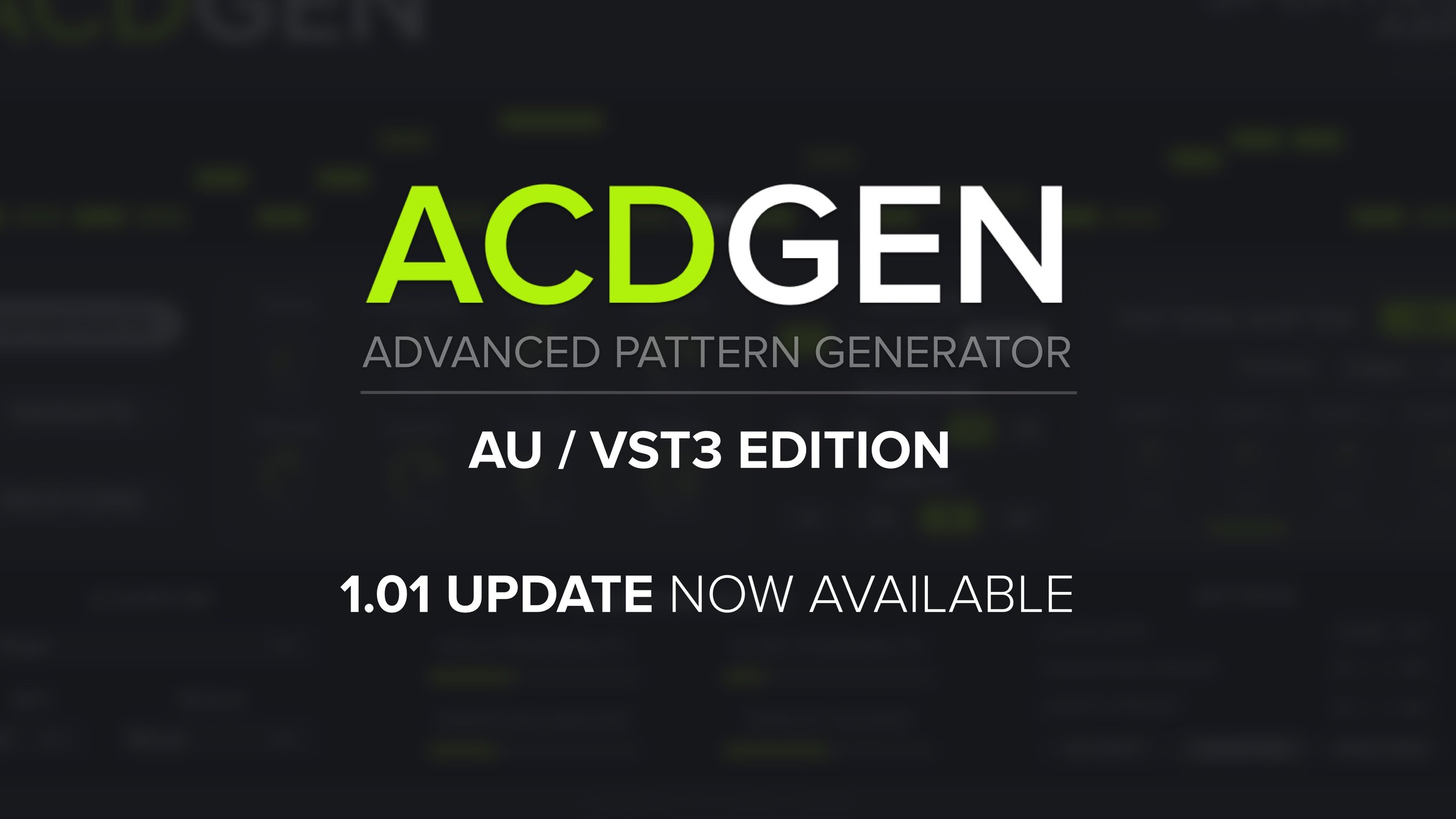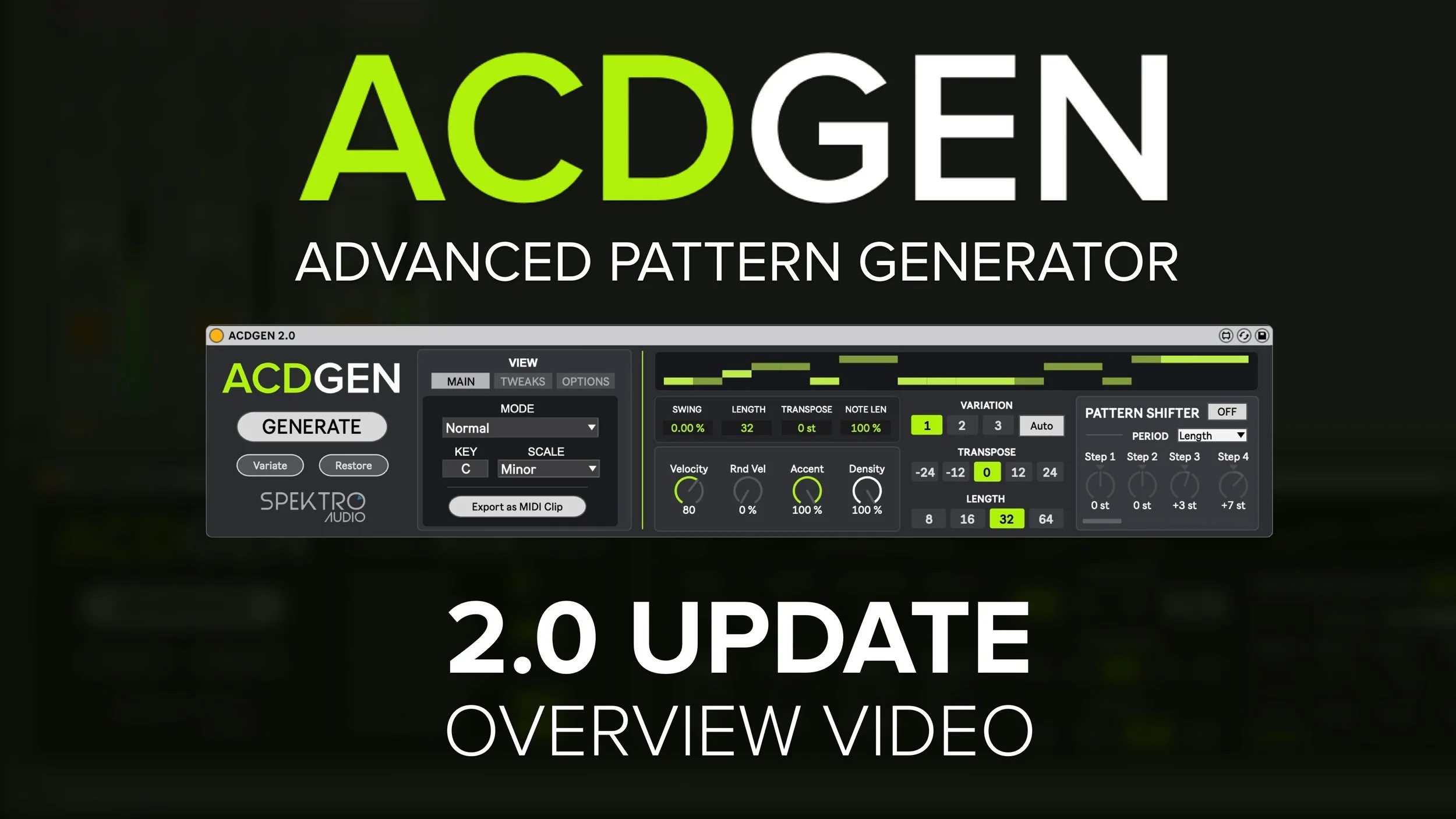NGEN 1.4 Firmware Update & Web Manager now available!
/The new 1.4 firmware update for NGEN is now available and it includes 2 new generators (Luar and Looper), the new Call MIDI FX, new features such as the Param View, Undo System, dynamic variations, 11 new Song Mode event types, 2 new CV output modes, and more!
Along with the new update, we’re also releasing the new NGEN Web Manager tool for managing files, checking system information and loading example projects.
Check out the overview video for the new NGEN 1.4 update:
New Features
Luar
NEW LUAR GENERATOR
Inspired by the nightlife of São Paulo city, Luar uses a unique algorithm based on dual Euclidean gates to generate rhythmic patterns that can dynamically blend between monophonic and polyphonic sequences.
Luar uses the chord framework available in NGEN to play chords using different expressions, and the generated sequences can be controlled in real time using the Balance, Interval, and Bass Offset parameters.
Looper
NEW LOOPER GENERATOR
Looper is a MIDI looper available as a new Generator in NGEN that can record MIDI coming from external devices or other NGEN tracks up to 2 bars and 32 notes.
The recorded sequences can be quantized (both in pitch and time) non-destructively and can be saved and recalled via Patterns.
Looper also offers standard parameters such as Transpose, Length, and Density.
Call MIDI FX
NEW CALL MIDI FX
The new Call MIDI effect available in 1.4 separates incoming notes into two separate groups that can be processed in a call-and-response style.
Notes can be separated into two groups based on pitch, beats, note count, or note length. Notes in the second group can then be transposed to the next octave or routed to the next MIDI channel.
The distribution can be controlled via the Threshold parameter and the probability of each group can be controlled independently.
Param VIEW
NEW PARAM VIEW
The Param view in NGEN allows users to visualize the current mappings of parameters to the four Param knobs.
Each parameter, including its name, value, and knob number, is displayed in one of the four quadrants. While in this view, NGEN automatically disables Idle Mode and Animations, and it highlights the last Param quadrant that was interacted with.
To access the Param view, scroll to the left (counterclockwise) on the first item of any sub-menu that displays the knob icon. To return to the menu navigation, scroll to the right (clockwise) or press the Return button.
Dynamic Variation
NGEN 1.4 now lets you dynamically adjust the variation amount or randomize track states per generation by holding the Generate button and scrolling with the Menu Encoder.
Additionally, this feature is also available when generating new patterns via the TRACK | CLK + Generate shortcut.
UNDO SYSTEM
NEW UNDO SYSTEM
The new Undo System lets users revert to previously generated sequences via the Function + Return shortcut.
It retains the last 16 generated sequences in memory (including all parameter values) and it’s compatible with all generators and MIDI effects that use generated sequences.
NEW CV OUTPUT MODES
The NGEN 1.4 update also adds 2 new CV output modes: CV1 Ext and CV1+CLK.
CV1 Ext uses the CV 2 output for MIDI velocity and the Gate 2 output for a random value when a note is played and CV1+CLK outputs a 1/16 clock to CV 2 and a reset gate to Gate 2.
NEW SONG MODE EVENT TYPES
Song Mode now includes 11 new event types that lets users sequence and automate the parameters available for the global scale and clock generators.
nEW USER SCALE
NGEN 1.4 includes a new User scale that can be edited via the Scale Editor and can be customized per project.
NGEN Web Manager
NGEN WEB MANAGER
Along with the new 1.4 update, we’ve also released a new tool for NGEN: the NGEN Web Manager.
The web manager is an open-source online tool that lets you manage and transfer files (projects, DrumGen templates, MIDI files, and NSL scripts) between your computer and NGEN’s internal memory or microSD, check system information, and load example projects directly via the browser.
The NGEN Web Manager is available at: https://ngen-manager.spektroaudio.com
Improvements & Fixes
The 1.4 update also includes improvements to the FreeClock, shortcuts, animations, and menu navigation, upgrades to the chord framework, reduced saving / loading times, and more.
Change-Log & Update Instructions
The complete change-log for the new NGEN 1.4 firmware update and update instructions are available at:
Availability & Pre-Orders
More NGEN units will be available for pre-orders starting on September 23rd, 2025 (12PM EST) at https://spektroaudio.com/ngen.
Shipping is available worldwide via DHL, Fedex or Postal Service and orders will start shipping in the first week of October 2025.
NGEN is also available at MIDI Amsterdam, Perfect Circuit, Juno, and AudioSource.
NGEN – Algorithmic MIDI Workstation is a unique 16-track MIDI sequencer design in São Paulo / Brazil that lets you combine multiple algorithmic / generative generators and MIDI FXs to sequence multiple hardware or software MIDI instruments.
More information about NGEN is available at https://spektroaudio.com/ngen.
If you’d like to keep up with our latest news, check out our new Spektro Audio forum and make sure to follow us on Facebook, Instagram, or TikTok.
Until next time!
Ícaro Ferre

